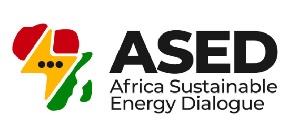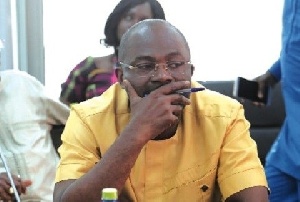Business News of Thursday, 15 May 2025
Source: www.ghanawebbers.com
Editorial: Bridging energy access
A dialogue is set to gather over 1,000 participants. This includes global and national policymakers, energy leaders, and academics. Development partners and private sector stakeholders will also attend.
Around 600 million people in Africa lack reliable electricity access. This is nearly half of the continent's population. Most of those without access live in rural areas. Some countries like Northern Africa, Ghana, Gabon, and South Africa have made progress. However, Central Africa and the Sahel region still face significant challenges.
Reliable electricity is essential for improving livelihoods and economic growth. It fosters development in African communities as well. Access to electricity empowers individuals, especially women and girls. It enables them to access education, information, and business opportunities.
The World Bank and African Development Bank aim to provide electricity to 300 million people by 2030. This shows a strong global effort to tackle this issue. Achieving these goals will be challenging but necessary.
African countries must lead with clear strategies and policies. International institutions should increase their support significantly as well. Countries like Ghana, Kenya, and Rwanda are on track for full access by 2030. They offer success stories that other nations can emulate.
Africa has 60% of the world's best solar resources but only 1% of installed solar PV capacity. Solar PV is already the cheapest power source in many regions of Africa. By 2030, it will outcompete all other sources across the continent.
Africa's vast mineral resources are crucial for clean energy technologies. These resources could create new export markets if managed properly.











